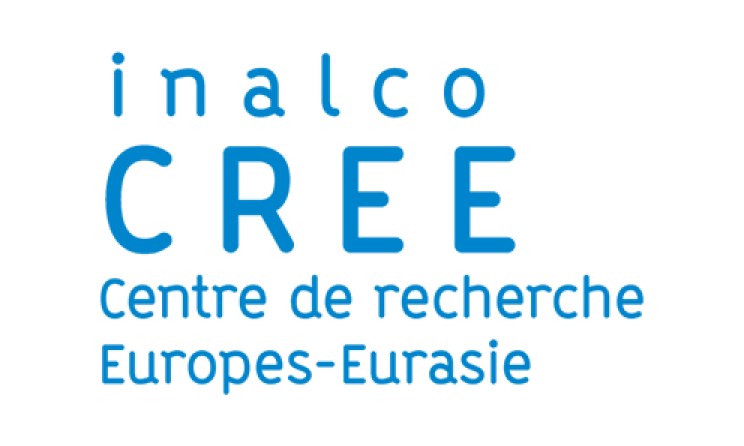Research axes (CREE)

The CREE is one of the few centers in Europe to bring together, over an area as wide as Medieval and Balkan Europe, Russia and Central Asia, issues looking at long-term history, current affairs and future prospects, and covering distinct but complementary disciplinary fields: literature, arts, languages, history, society, geopolitics, economics, law, environment.
The 2019-2024 research program pursues the desire for transversality and transdisciplinarity that has been CREE's since its creation in 2010, without sacrificing its strong areal roots, a major specificity of both the Center and Inalco, as well as its perspectives that are both synchronic (expertise of the contemporary world) and diachronic (political, social and cultural history).
The formal structure of the project is different from that of the previous contract. This evolution is the result of the now solid synergies between the research of the different sub-areas, and highlights the disciplinary bridges patiently built since the team was formed. CREE's third contract takes account of this new dimension and replaces the disciplinary "axes" of the previous contract with a thematic articulation that integrates and brings together the team's three main fields of research:
- History, geopolitics, economics, contemporary spaces;
- Literatures, arts, cultures;
- Languages and society, linguistics, digital development.
These three major fields, which take up the three "axes" of the previous five-year period, are now broken down into six axes. The new program is therefore based on a slight change in the overall structure, integrating for the most part the major disciplines represented in the center into cross-disciplinary research axes.
The 2019-2029 program combines three types of projects:
- The pursuit of ambitious, long-term collective projects: each of the axes includes long-term projects that structured the previous five-year period. They are deepened and, more often than not, enriched with new dimensions that appear necessary in the current state of research.
- The evolution of extended problematics in new perspectives; this type of project is based on the evolution of previous projects or the search for thematic synergies with an areal vocation. It mainly concerns the SHS field approached in a transversal way by three major themes: "Heritage and Legacy", "Imperial, Post-Imperial and Post-Soviet Societies", "Modern and Contemporary Crises and Conflicts", which are intended to embrace all the areas covered from the end of the 19th century to the contemporary period, combining the disciplinary richness of the team members (historians, literary historians, geographers, political scientists and geopoliticians, economists in particular).
- New projects, which build on previous research, are part of the same areal and multidisciplinary dynamic and, in each of the axes, are part of the field of cultural history and social history studies.
The project's ambition is to pursue and amplify the work of valorization and contacts between the scientific world and the city (the "Petits déjeuners de l'Observatoire des États postsoviétiques", the "Journées finno-ougriennes" or the "Veille médiatique Ukraine"). Particular attention is paid to the continued integration of doctoral and post-doctoral students in project or sub-project responsibilities.
In quantitative terms, the group is made up of 25 projects (9 of which are divided into sub-projects) carried out by 31 full members, associates, doctoral students and PhDs of CREE. Each axis brings together colleagues from CREE and other Inalco research centers, as well as other French and foreign institutions and research centers in relevant fields. In keeping with its international vocation, CREE will continue to rely on a dense and proven network of European university and academic partners, including beyond the spaces studied.
